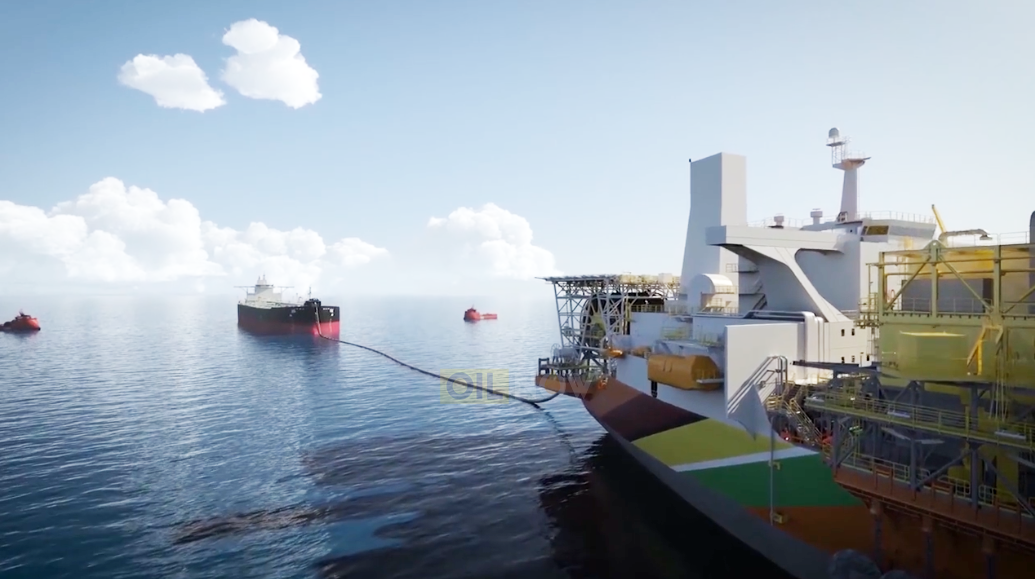Public consultations for the Yellowtail Development Project continue in Guyana with another virtual session set to take place on Wednesday, June 2. The public is being urged to participate in the process and submit comments for consideration in the Environmental Impact Assessment (EIA).
“At scoping meetings, you get to learn more about the project and how it will impact you,” the EPA said in a notice. “It is also the opportunity for you to recommend matters and questions you would like to be addressed in the EIA study.”
After the EIA study is completed, the public has 60 days to review it and send comments to the EPA. “This is also an opportunity to see how the study has addressed your concerns,” said Candacie Brower-Thompson, EPA’s Senior Environmental Officer, speaking a scoping meeting last week.
Yellowtail will be ExxonMobil’s fourth development at the Stabroek Block offshore Guyana. The proposed project will be implemented in multiple stages including wells drilling and completions; mobilization and installation of subsea equipment, umbilicals, risers, and flowlines (SURF); installation of a floating production, storage and offloading (FPSO) facility; production operations, offloading of crude and decommissioning, and use of support vessels and helicopters throughout the stages.
Yellowtail will catapult Guyana to world’s largest oil producer per capita – Analyst
“This project will develop the Yellowtail and Redtail fields and will be located approximately 200 kilometers from Georgetown, Guyana,” said Mike Ryan, ExxonMobil Guyana Production Manager. He pointed out that the development will allow greater value for all partners, including the people of Guyana, as it supports growth of the economy and local content.
According to the Project Summary submitted to the EPA by ExxonMobil, Yellowtail will be designed to add up to 39,747 m3 (250,000 barrels) of oil a day to existing daily production volumes. When the project comes on stream in 2025, this will see total output from the South American country exceeding 800,000 barrels per day.



